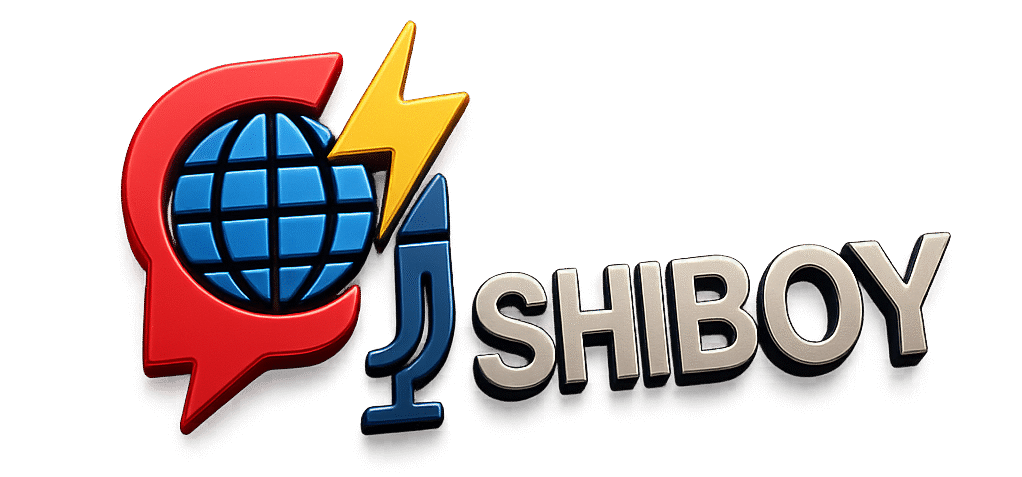Tesla is trying to expand its robotaxi service, which so far is only being tested in Austin, Texas, to additional markets.
🚗 What’s Going On
-
Tesla has not applied for permits to run driverless (autonomous) vehicle services in California, whether paid or unpaid, according to state regulators. The company only holds a human‑driven testing permit and a charter‑party carrier permit allowing chauffeur-like services in Tesla‑owned vehicles.Reuters+15CNBC+15Reddit+15
-
Under its current permit, Tesla may operate a private transport service using human drivers—Tesla employees—for pre-arranged rides. This is not a robotaxi service.Reddit+14CNBC+14Reddit+14
👥 ‘Friends and Family’ Service Rollout
-
Tesla notified California regulators that it intends to extend its permitted service to include friends and family of employees and selected members of the public across the Bay Area (e.g., San Francisco, Sausalito, Berkeley). This will operate under the existing permit, using human drivers—not autonomous vehicles.CNBC+1San Francisco Chronicle+1
-
That service is essentially an expansion of its employee-only rides, not a robotaxi service. No AV capability is authorized under this model.Reddit+15CNBC+15Business Today+15
🧩 Regulatory & Operational Context
-
Tesla’s current permissions do not allow transporting passengers in autonomous mode under California law. Additional permits from the CPUC and DMV would be needed for driverless, ride‑hailing services. Tesla has not yet applied for either.Reddit+15CNBC+15Business Standard+15
-
In Texas (Austin), Tesla already operates a limited robotaxi pilot involving invite-only users, human safety monitors, and camera-based autonomy—but that service is not yet driverless.Statesman+2Wikipedia+2CNBC+2
-
Analysts and regulators warn that California’s permitting landscape is far stricter, and Tesla’s rollout is ahead of formal regulatory approvals. Controversies include safety video incidents and marketing practices around autonomous features.Reddit+13The Verge+13Wikipedia+13
📌 Bottom Line
Tesla’s so‑called “friends and family” car service in California is a human‑driver transport program, operating under its charter‑party carrier permit, not a full robotaxi launch. The company must still obtain driverless deployment permits from both the California DMV and CPUC before any autonomous ride‑hailing can become legal.
🧭 What’s Next
-
Watch for Tesla to apply for AV deployment permits in California (DMV and CPUC driverless permits).
-
Observe how regulators respond to Tesla’s public messaging versus its permitted operations.
-
Monitor competitor roadmaps—Waymo already holds full robotaxi approvals in California.




